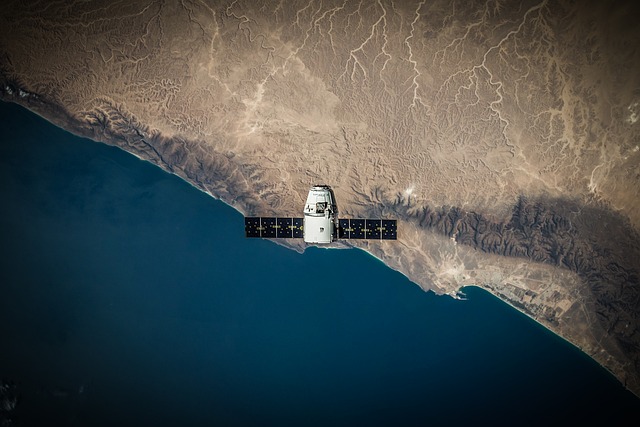In a recent setback to lunar exploration, a lunar lander belonging to Japanese space startup ispace has been lost as it approached the moon’s surface. The mission, which was part of ispace’s commercial lunar exploration program, aimed to place a lander on the moon’s surface and conduct scientific experiments.
The lander, known as the Hakuto-R, was launched aboard a SpaceX Falcon 9 rocket earlier this month and had successfully entered lunar orbit. However, during its descent to the moon’s surface, the lander lost contact with ground control and its location became unknown.
After several attempts to re-establish contact with the lander, ispace has now declared the mission a failure. The company has not yet disclosed the cause of the loss of communication with the lander or the exact location of the lander.
This is a major setback for ispace’s commercial lunar exploration program, which aims to provide lunar transportation and exploration services to customers in the private and public sectors. The loss of the Hakuto-R lander is a reminder of the technical challenges and risks associated with lunar missions.
Despite the setback, ispace has expressed its commitment to continuing its lunar exploration program and plans to launch a second mission in 2022. The company also announced that it is already working on a new lunar lander design that will incorporate lessons learned from the Hakuto-R mission.
The loss of the Hakuto-R lander highlights the importance of international cooperation in space exploration. ispace had partnered with several international organizations for the mission, including the Canadian Space Agency, the Swedish National Space Agency, and the United Arab Emirates Space Agency. The loss of the lander is a disappointment for all parties involved, but it underscores the need for continued collaboration in exploring the moon and beyond.
The incident is a reminder of the risks and challenges involved in space exploration, and the importance of continued investment in research and development. Despite the setback, ispace and other organizations are continuing to push the boundaries of what is possible in space exploration, and are laying the groundwork for a future in which human beings will travel to and work on the moon and other celestial bodies.












